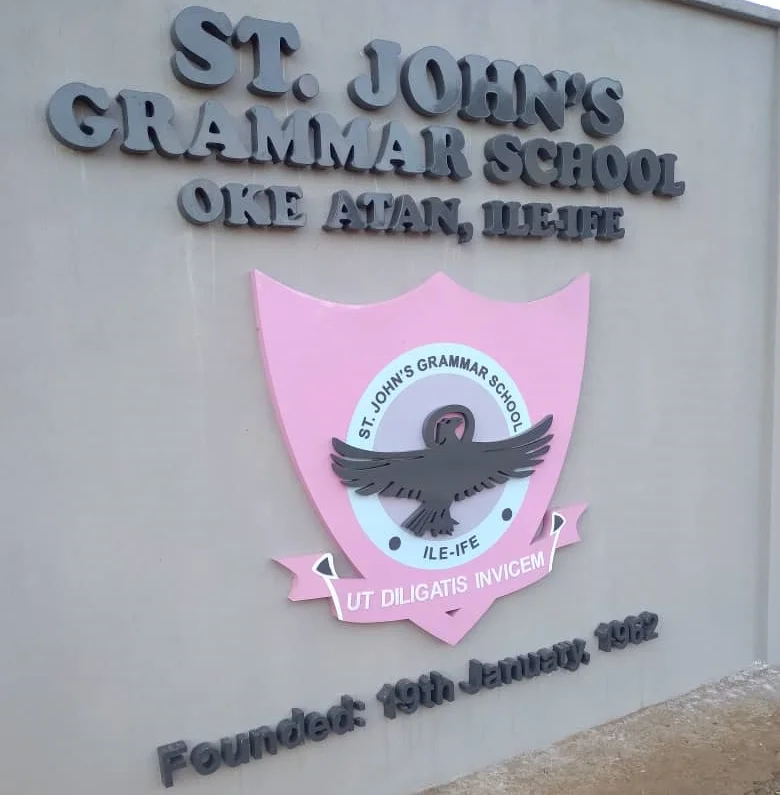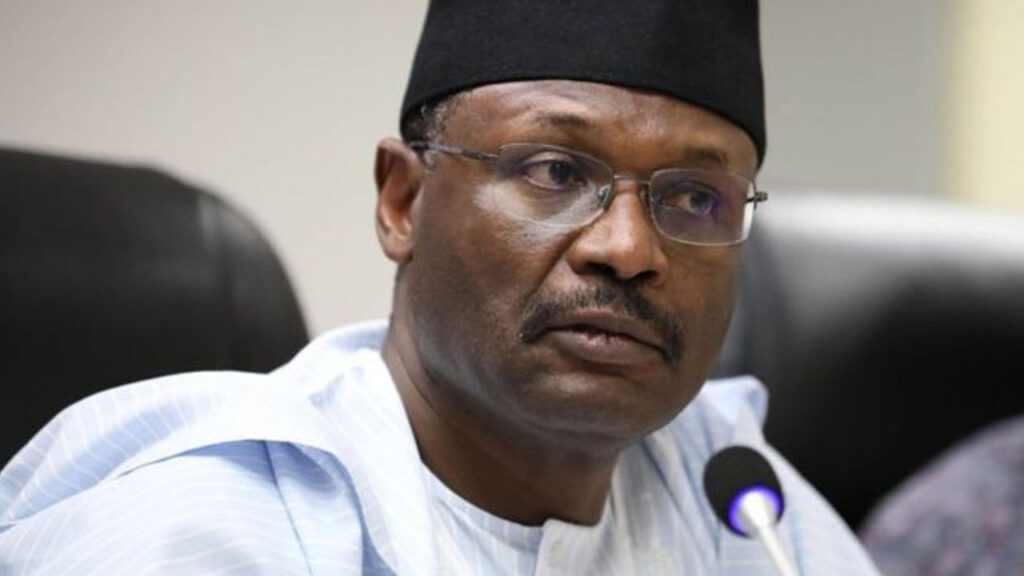The Socio-Economic Rights and Accountability Project (SERAP) has urged the World Bank Inspection Panel to probe allegations of corruption in the spending of the loans and other funding facilities obtained by the Federal Government and 36 state governors in Nigeria and also review the implementation of all World Bank-funded projects by successive governments since 1999.
Besides, SERAP urged the panel to determine the extent to which bank management has followed or is following the World Bank’s operational policies and procedures applicable to the design, appraisal and implementation of all bank-financed projects in Nigeria.
In a complaint to the panel, the organisation also urged the panel to determine the effect of any failure by the bank management to effectively implement its operational policies and procedures in all bank-funded projects in several states on the social and economic rights and well-being of millions of socially and economically vulnerable Nigerians.
SERAP’s complaint followed the Debt Management Office’s (DMO) report last week that Nigeria’s total public debt stock, including external and domestic debts, increased by ₦24.33 trillion in three months alone, from ₦97.34 trillion ($108.23 billion) in December 2023 to ₦121.67 trillion ($91.46 billion) as of March 31, 2024.
In a letter dated June 22, 2024, and signed by SERAP Deputy Director, Kolawole Oluwadare, the organisation noted that the World Bank has over the years reportedly approved 197 projects for Nigeria, totalling over $36 billion in loans and other funding facilities, with little or no impact on Nigerians living in poverty.
The body lamented that Nigerians are rarely informed and meaningfully and effectively consulted about several of these loans, facilities and bank-funded projects, saying: “Nigerians have continued to be denied the benefits of the loans and facilities and access to basic public goods and services.”
According to SERAP, despite several loans and other funding facilities provided by the World Bank over many years, millions of socially and economically vulnerable Nigerians in several states and communities have continued to lack access to regular electricity supply and have been denied the benefit of renewable energy solutions.
In the complaint addressed to the Chair of the Panel, SERAP highlighted a recent report by the National Bureau of Statistics (NBS) that revealed that over 133 million Nigerians are living in poverty of which the majority are women and children.













